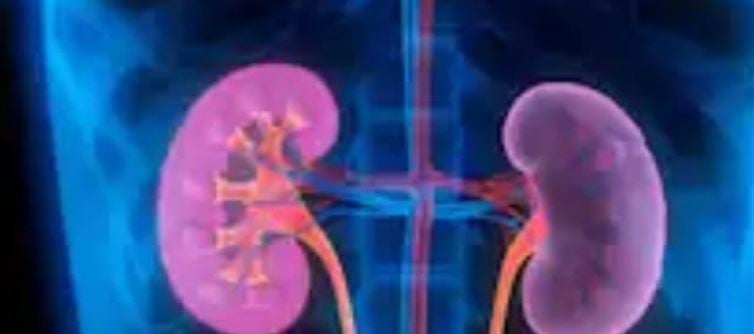
Our kidneys are vital for filtering blood, removing waste, and maintaining fluid balance. However, some everyday morning habits can unknowingly damage them over time. Here are five bad habits that may harm kidney health.
1. Holding Urine in the Morning
During sleep, the bladder fills. On waking, the body naturally signals the urge to urinate.
Ignoring this urge and holding urine puts unnecessary pressure on the bladder and kidneys.
Over time, it can weaken bladder muscles, increase the risk of urinary infections, and damage kidney tissues.
Tip: Empty your bladder soon after waking and avoid holding urine throughout the day.
2. Not Drinking Water in the Morning
After several hours of sleep, the body becomes mildly dehydrated.
The kidneys require enough fluids to function efficiently.
Starting your day with tea or coffee instead of water worsens dehydration due to caffeine’s diuretic effect.
Tip: Begin your morning with at least one glass of plain water before consuming other beverages.
3. Taking Painkillers on an Empty Stomach
Many people take pain relievers like ibuprofen or aspirin in the morning for headaches or aches.
Regular use of these medications reduces blood flow to the kidneys and increases the risk.
Taking them on an empty stomach intensifies chemical stress on kidney tissues.
Tip: Avoid frequent use of painkillers, and never take them on an empty stomach.
4. Not Drinking Water After Exercise
Morning workouts cause sweating, leading to water and electrolyte loss.
Failing to rehydrate reduces blood flow to the kidneys, making filtration difficult.
Tip: Always drink sufficient water post-exercise to restore hydration and support kidney function.
5. Skipping Breakfast
Skipping breakfast can cause blood sugar fluctuations and acid buildup in the body.
It may also lead to snacking on high-sodium foods later, increasing kidney strain.
Tip: Eat a balanced breakfast rich in nutrients to help maintain kidney health and energy levels.
Remember: Small morning changes can go a long way in protecting your kidneys for life.
Disclaimer:
The information contained in this article is for general informational purposes only. While we strive to ensure accuracy, we make no warranties or representations of any kind, express or implied, about the completeness, accuracy, reliability, suitability, or availability of the content. Any reliance you place on the information is strictly at your own risk. The views, opinions, or claims expressed in this article are those of the author and do not necessarily reflect the official policy or position of any organization mentioned. We disclaim any liability for any loss or damage arising directly or indirectly from the use of this article.




 click and follow Indiaherald WhatsApp channel
click and follow Indiaherald WhatsApp channel